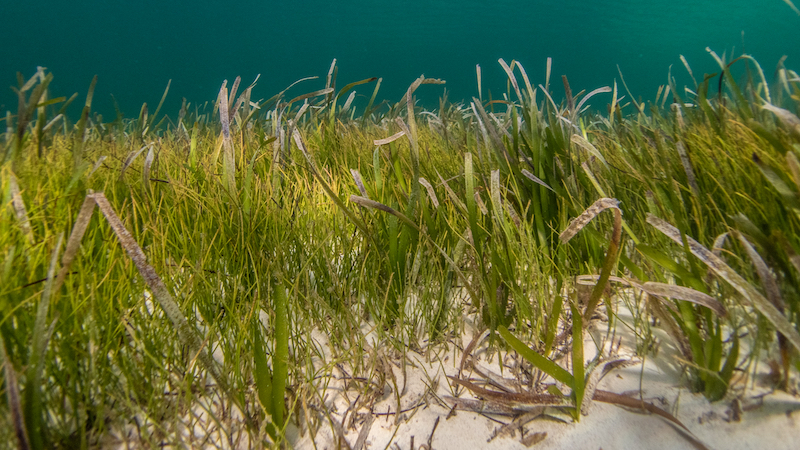Alphabet wants to use AI to save algae ecosystems
Google parent company Alphabet wants to save important algae ecosystems with the help of artificial intelligence. The company’s goal is to reduce the effects of climate change.
In the fight against climate change, creative solutions are increasingly needed. In addition to reducing emissions, we must find ways to absorb greenhouse gases that have already been produced in the future. One plant always stands out: the algae.
Google parent company Alphabet has meanwhile recognized the importance of algae and wants to protect them with the help of artificial intelligence. For this examines Project Tidalto what extent underwater ecosystems can make a positive contribution to climate protection.
Tidal, in turn, is a project of Alphabet’s X division. Since it was founded, it has always focused on innovative solutions, such as the Google Glass AR glasses or the YouTube algorithm.
Alphabet’s AI is designed to identify, map and restore algal ecosystems
Research results show that oceans can absorb significantly more CO2 than previously thought. Algae ecosystems play a crucial role here, as they convert carbon dioxide into oxygen and sugar through photosynthesis.
Through targeted fertilization and restoring ecosystems, the ocean can better deal with our emissions. But where is the right limit? And how many algae systems are there anyway? That’s what the project participants at Tidal asked themselves.
Because as of today, an estimated 60 percent of these ecosystems in the United States have been mapped. Tidal’s goal is to offer an autonomous system that identifies and maps them. Concrete measures can then be derived on the basis of this information. In addition to restoring the systems, preserving existing algae is also a priority.
After a successful test in the swimming pool, a deployment in the Bahamas follows
But the road to success is and remains rocky. The first attempts failed due to the rough conditions under water. Therefore, an algorithm was first trained with a floating boat in a separate pool area. Further trials are expected to follow shortly in the Bahamas, a region that has some algal ecosystems.
Once successfully tested, the team also expects effects on other plants, such as the reforestation of forests. In addition to Tidal, Alphabet is researching other climate protection projects. With mineral optimize practices using solar robots in agriculture. at Tapestry is about building intelligent power grids.
Also interesting:



